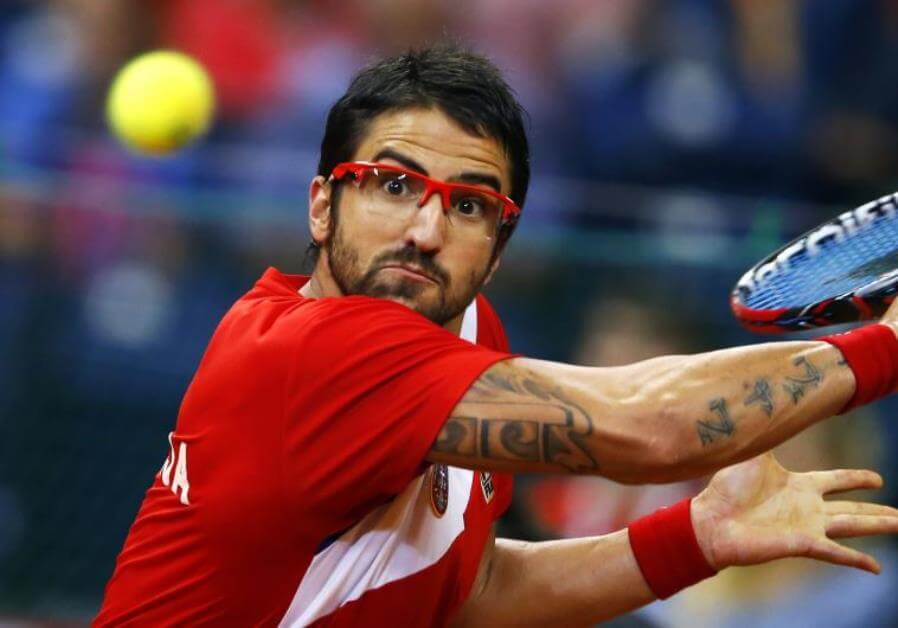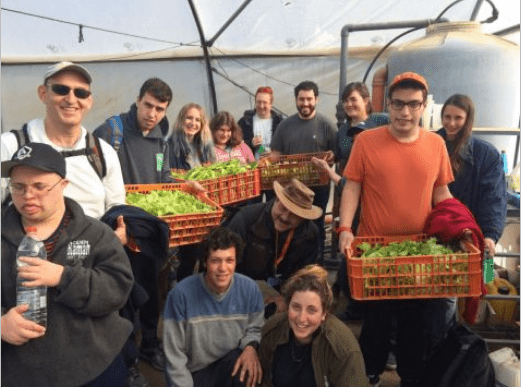Original Article Published at The Jerusalem Post
As the tennis world gears up for the Miami Open (March 21-April 3), often considered the “Fifth Grand Slam,” on par with such tennis events as Wimbledon and the US Open, Israel is preparing to welcome local and international talent to the similarly timed Israel Open.
The Israel Open, a $125,000 ATP men’s Challenger tennis tournament, attracts some big names to the Ra’anana Tennis Center March 27 to April 4.
Shlomo Glickstein, President of the Israel Tennis Association and former 22nd ranked player in the world, is proud and excited.
“It is very important for Israel to host such competitions and we love to host large events. It attracts sponsors, media and role models for our young players.”
Glickstein is also practical. “Tournaments like ours offer young tennis players the chance to earn ATP points.”
The Israel Open is part of the ATP Challenger Tour, a series of international professional men’s tennis tournaments.
Players who earn sufficient ranking points become eligible for qualifying or main draw entry at such ATP World Tour tournaments as the recent BNP Paribas Open at Indian Wells or the Miami Open. Future events, like the three $10,000 tournaments recently held in Israel, are the third tier of international tennis competition.
The Israel Open attracts such well-known Israeli players as Dudi Sela, who climbed this week from No. 88 to 84 in the rankings, and Amir Weintraub (197). They are joined in the main singles draw of 32 by top 100 players Mikhail Youzhny (76th, Russia), Evgeny Donskoy (81st, Russia), and Ricardis Berankis (85th, Lithuania). Lukas Lacko (98th, Slovakia), who lost in a three-set final last year to Nikoloz Basilashvili, returns to Israel to play in this year’s Israel Open.
Other top players include Janko Tipsarevic of Serbia, currently ranked 401. Tipsarevic received a wild card and is making his tennis comeback following foot surgery and a 17 month absence from tennis.
Israeli Yoni Erlich will enter the Israel open doubles tournament.
Erlich had a distinguished doubles career playing with Andy Ram, and continues competing in international tournaments, many with partner Colin Fleming of Great Britain.
Sixteen teams will also compete in doubles.
Youzhny is no stranger to Israel.
“I have been to Israel several times with my family for vacations. I love Israel and look forward to coming to Israel again.”
Berankis is looking forward to making his first trip to Israel.
“I have many friends in Israel and heard so many good things about Israel. I’m really excited to come and play this big Challenger tournament.”
Israel has become an increasingly popular destination for professional tennis tournaments.
In early February, Israel hosted 14 countries in the Fed Cup Europe/Africa Zone Group I women’s tennis event. Top players, including Heather Watson (55th, Great Britain), Tsvetana Prionkova (59th, Bulgaria) and Jelena Ostapenko (84th, Latvia), competed at the Municipal Tennis Club in Eilat. The Israel team, anchored by Julia Glushko and Shahar Peer, finished in the top 4 of the event.
And Israel hosted three Futures tennis events in January and February.
Israeli Davis Cup team member, Edan Leshem and 16-year-old future star, Yshai Oliel, competed in some of the $10,000 Future events.at the Kfar Maccabiah Tennis Center.
Glickstein notes that , “We have some promising young players including Ben Patael, Tal Goldengorn, Yshai Oliel – they are eager to play and get results.”
Israel recently lost to Hungary in the Davis Cup.
The Israel Open was held in Ramat Hasharon from 2008-2010, was not held from 2011-2014, and was also played in Ra’anana last year.





